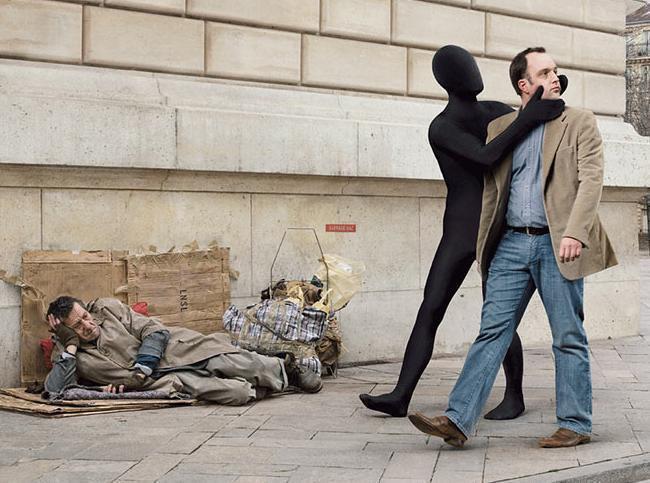
(12-1-17) Outgoing Virginia Gov. Terry McAuliffe, who apparently has hopes of running for president in 2020, should read an editorial written yesterday by the daughter of a law enforcement officer who was murdered by William Morva, a 35 year-old man with a severe mental illness.
McAuliffe, who claims to be opposed to the death penalty on religious grounds, refused to stop Morva’s execution in July despite pleas by the National Alliance on Mental Illness, numerous elected leaders and The Washington Post.
At the time, there was speculation that McAuliffe didn’t want to appear soft on crime because he intended to make a run for the White House. His actions mirrored how then-presidential candidate Bill Clinton hurried back to Arkansas in the midst of a presidential campaign in 1992 to approve the execution of Ricky Ray Rector, another prisoner with mental impairments. Rector left a piece of pie on the side of the tray when he was served his last meal. He told the corrections officers who came to take him to the execution chamber that he was “saving it for later.”
No solace in executing mentally ill killers
By Rachel Sutphin published in the Bristol Herald Courier newspaper in Virginia
As a family member who has suffered the death of a loved one to homicide, I support legislation in the Virginia General Assembly that would exclude people with severe mental illness from the death penalty.
I am the daughter of the late Corporal Eric Sutphin, who was killed by William Morva during a manhunt in 2006.
My dad was and is my hero.
He was so courageous, humble and light-hearted. The community loved him, and I loved being a police officer’s daughter. I have every reason to hate Mr. Morva and want revenge. Yet, when clemency was denied to Morva and he was executed this July, I felt great sorrow. It provided no solace for my loss.
Under this proposed legislation, offenders with severe mental illness at the time of the crime could be prosecuted, convicted and sentenced to life in prison without parole if found guilty — but could not be executed. For this narrow exemption to apply, defendants must have documented evidence of a mental illness that is so severe it prevented them from fully understanding reality and the consequences of their actions — making them undeserving of the ultimate punishment.





 Merkel’s attorney, Robert C. Bonsib, declined to comment on the verdict. Merkel was placed on administrative leave after the Sept. 22, 2016, incident.In what he called “a difficult case,” Jackson said his verdict was guided by two events he deemed “somewhat extraordinary”: that Merkel’s actions so bothered fellow officers they reported them to supervisors, and that the homeless woman, while incoherent, had her “sensibilities offended,” according to her testimony.Events began about 1 a.m. that morning when Merkel was on patrol and encountered the sleeping woman in front of a closed pawnshop in Lanham, attorneys in the case said.
Merkel’s attorney, Robert C. Bonsib, declined to comment on the verdict. Merkel was placed on administrative leave after the Sept. 22, 2016, incident.In what he called “a difficult case,” Jackson said his verdict was guided by two events he deemed “somewhat extraordinary”: that Merkel’s actions so bothered fellow officers they reported them to supervisors, and that the homeless woman, while incoherent, had her “sensibilities offended,” according to her testimony.Events began about 1 a.m. that morning when Merkel was on patrol and encountered the sleeping woman in front of a closed pawnshop in Lanham, attorneys in the case said.

